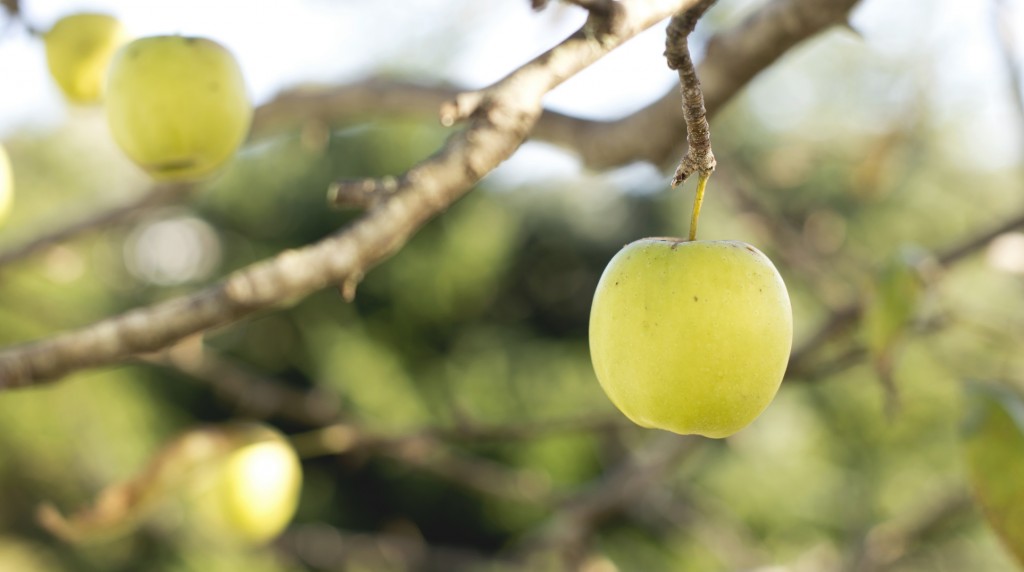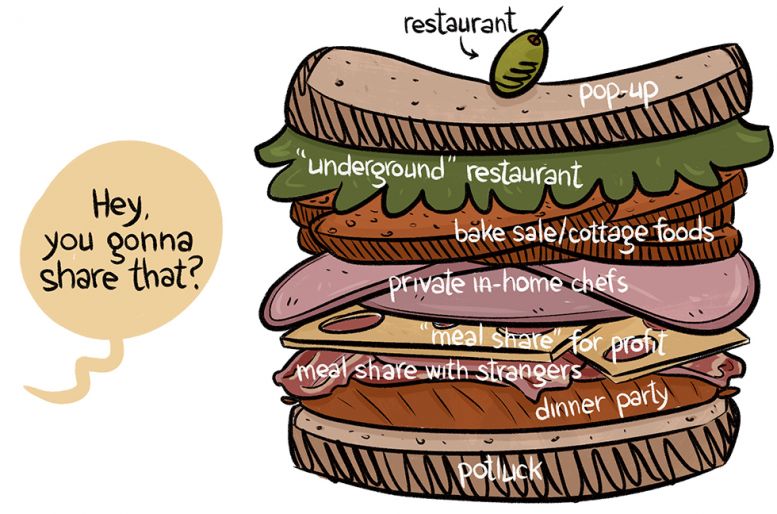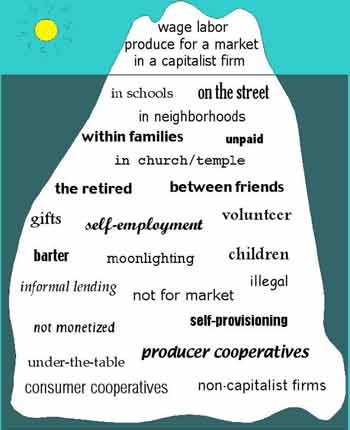AAG Call for Papers – Food Sharing: Contemporary Cultures, Practices, and Economies
Published by Oona Morrow on the 22nd August 2016.

Call for papers
Association of American Geographers Annual Meeting 2017, Boston MA, April 5-9
Food sharing: contemporary cultures, practices and economies
Sponsored by the Economic Geography Specialty Group and the Geographies of Food and Agriculture Specialty Group
Organised by Oona Morrow (Trinity College Dublin) and Anna Davies (Trinity College Dublin)
Food sharing, often characterized as the bedrock of human civilization, incorporates diverse activities and evolving practices. This session seeks to bring together scholars working within food studies with those examining the cultures, practices and economies of sharing to investigate the tensions, solidarities and possibilities within contemporary food sharing.
What has come to be known as ‘the sharing economy’ in mass and social media encompasses a plethora of enterprises that facilitate the exchange (sometimes sharing) of underutilized resources often (but not always) with the help of web platforms and advances in information communication technology (ICT). As a rapidly expanding sector its impact on regulation, sustainability, consumer and labor protection, and social relations is evolving, contested and understudied.
To date, much media attention is focused only on tip of the sharing economy “iceberg” celebrating activities characterized by capitalist firms, waged labor, novel platform economies, finance capital, and commodity exchange. While there are examples of food sharing in this narrow category (e.g. Eat With, MealSharing), social enterprises, cooperatives, informal gifting networks, voluntary and caring labor have long formed the life-blood of diverse food sharing practices.
As a result, we are interested in empirical and conceptual papers from across the diverse terrain of contemporary food sharing and we are particularly keen to receive abstracts for papers that examine one or more dimensions of the following:
- the sharing of food-related knowledge and skills (e.g. about identifying, growing, storing and cooking food), spaces (e.g. from land for growing food in community gardens, CSAs and backyards etc. to kitchens for preparing meals or food products) and tools (e.g. growing or cooking utensils), as well as food stuff itself (from seeds and harvests to raw or processed food);
- food sharing that takes places through the collecting wild or surplus food (e.g. foraging, gleaning, skip surfing), swapping (e.g. food or seeds) and bartering, gifting or even through monetary exchange (e.g. shared purchasing, underground supper clubs or not for profit meal sharing ventures);
- food sharing that occurs beyond the family, including acquaintances, club members, associations, strangers; food sharing between businesses or between business and charities or not-for-profit organizations;
- food sharing that utilizes any form of ICT, e.g. internet, social media, or smart technology to support, enhance or enable
At the same time, we seek to bring order to this cornucopia of food sharing, and thus are particularly interested in papers that engage with one or more of the following themes and frameworks in their analysis of food sharing:
- Diverse economies, social and solidarity economies
- Commons and commoning
- Food justice and security
- Food governance – including law and regulation
- Food sustainability
- ICT and STS (science and technology studies)
- Materiality and social practice approaches
Empirically and theoretically informed papers are very welcome and we are looking to develop a Special Issue on food sharing economies from papers that participate in this session.
Please send abstracts of no more than 250 words to both Oona Morrow (morrowo@tcd.ie) and Anna Davies (daviesa@tcd.ie) by 30th September 2016.
© 2015 - 2024 ShareCity | Web Design Agency Webbiz.ie









